Following the passage of the Energy Sector Levy (Amendment) Bill, 2025, in Parliament on Tuesday, June 3, 2025, some Ghanaians, including experts, have harshly criticised the government for introducing a new tax despite promising not to do so.
The bill, which was laid under a certificate of urgency, was introduced by the Minister of Finance, Dr Cassiel Ato Forson.
It would be recalled that Dr Ato Forson, during his vetting by the Appointments Committee of Parliament on Monday, January 13, 2025, noted that there is no need to increase taxes, given Ghana’s revenue mobilisation potential.
He said, “I have studied Ghana’s economy for some time now and without mincing words, Ghana has potential when it comes to tax revenue mobilisation. We don’t necessarily have to increase taxes before we can generate revenue. We have the means; what we need to do is improve compliance.”
Reacting to the ‘dumsor levy’, the Minister of Energy and Green Transition, Dr John Abdulai Jinapor, explained that the levy aims to raise additional revenue to address energy sector debts and unstable power supply issues affecting Ghanaians.
He explained that the levy aims to raise additional revenue to address energy sector debts and unstable power supply issues affecting Ghanaians.
The GH¢1 levy on petroleum products, he noted, is meant to fund liquid fuel purchases, as the government requires over $1 billion in 2025 to procure liquid fuels.
According to him, the cost of liquid fuel is not included in the electricity tariff structure, creating financing challenges for the government.
However, the introduction of this new tax has not been well received by some Ghanaians, who believe it is akin to “robbing Peter to pay Paul.”
The “robbing Peter to pay Paul” is in reference to government scrapping the most-talked about levy – Electronic Transfer Levy (E-Levy), and introducing this new one, ‘dumsor levy’ which many have tagged as ‘D-Levy.’
“I’ve written articles against the E-Levy, championed the opposition against it and I still stand by them. The E-Levy is neither a direct tax, indirect tax, or an exercise tax. I don’t know how to classify the E-Levy as a tax practitioner.
“It doesn’t mean that I don’t recognize that the E-Levy brings in certain revenue but the fact remains that it retards our progress towards a cash-light economy in the fintech, we need to abolish the E-levy,” Ato Forson said during his vetting as the finance minister.
The Electronic Transfer Levy (E-Levy) was introduced by the New Patriotic Party (NPP) government under President Nana Akufo-Addo, through the Electronic Transfer Levy Act, 2022 (Act 1075).
Passed on March 29, 2022, after a contentious parliamentary process, the law imposed a 1.5% tax which was later reduced to 1% on electronic transactions, including Mobile Money payments, bank transfers, and merchant payments.
The levy aimed to widen Ghana’s tax net by targeting the informal sector and was projected to generate GH¢4.5 billion annually to address fiscal deficits amid economic challenges.
GhanaWeb, in this article, lists some experts who have tongue-lashed the government for introducing the fuel levy after scrapping the E-Levy.
GH¢1 fuel levy is regressive and detrimental to consumers – Ben Nsiah to government
The Executive Director of the Centre for Environment and Sustainable Energy, Benjamin Nsiah, has sharply criticised the government’s newly-approved GH¢1 fuel levy, describing it as a regressive tax measure that unfairly burdens consumers and fails to address the root causes of Ghana’s persistent energy sector challenges.
In an interview on Citi FM, as monitored by GhanaWeb Business, Nsiah questioned the rationale behind the government’s continued dependence on petroleum taxes to close financial gaps within the energy sector.
He argued that the fuel levy, projected to generate GH¢5.7 billion in revenue, is yet another short-term intervention that sidesteps long-needed structural reforms.
Government taking GH¢2 fuel levy, not GH¢1 as claimed – Energy analyst
Speaking in the same vein, energy analyst, Kwadwo Poku, while reacting to this development, said the government was charging more than the GH¢1 announced.
He averred that the government was charging GH¢2.00 per litre.
Speaking on JoyNews’ AM Show, Poku explained that the combined impact of existing and new levies adds up to almost GH¢2.00 on each litre of petrol and diesel.
Steve Manteaw raises red flag over proposed Energy Levy Amendment
The Co-Chair of the Ghana Extractive Industries Transparency Initiative (GHEITI), Dr Steve Manteaw, has raised a red flag over the government’s proposed amendment of the Energy Sector Levy, warning that the move could have unintended consequences on the economy and consumers.
According to him, the amendment lacks a strong accountability framework and this could lead to an increase in transport fares and food prices, undercutting the government’s efforts to stabilise the economy.
He suggested that the GH¢1 price be reviewed downwards to 25 pesewas per litre to minimise its economic impact.
SA/AE






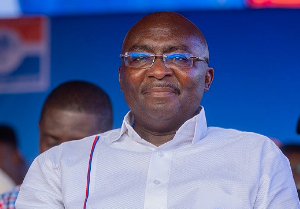




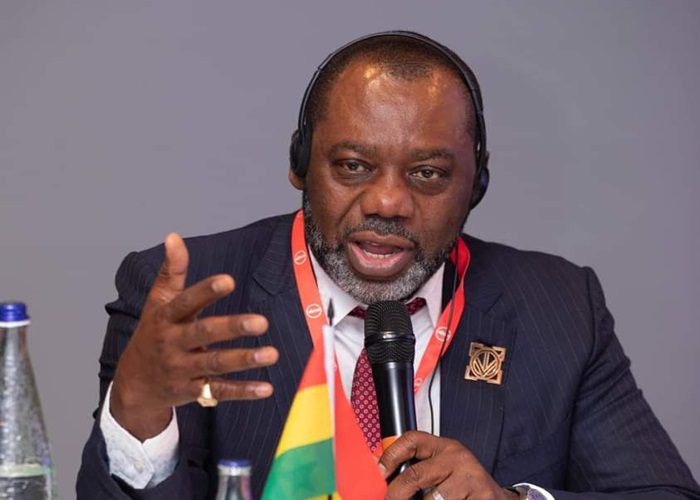



 …..
…..







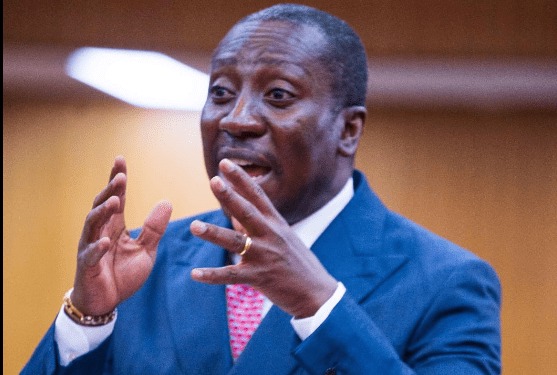



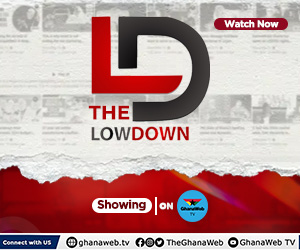









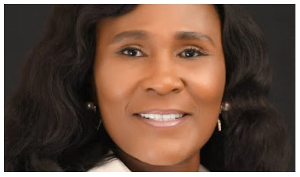





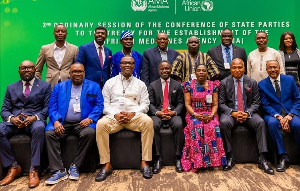
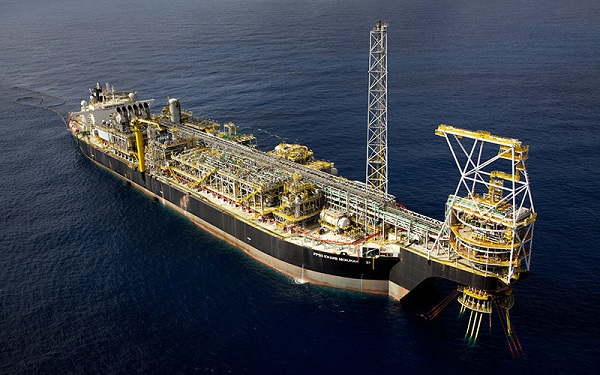

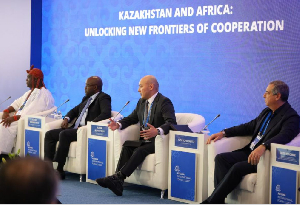
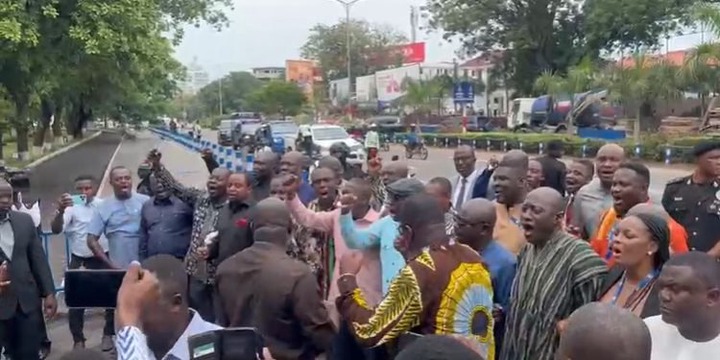




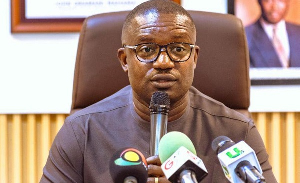





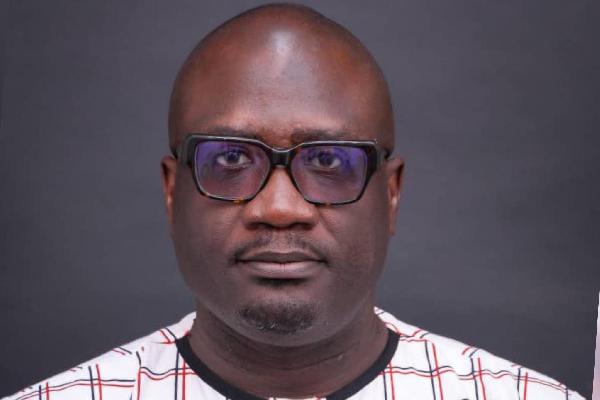
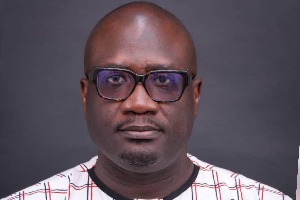











_1749042193.jpeg)

